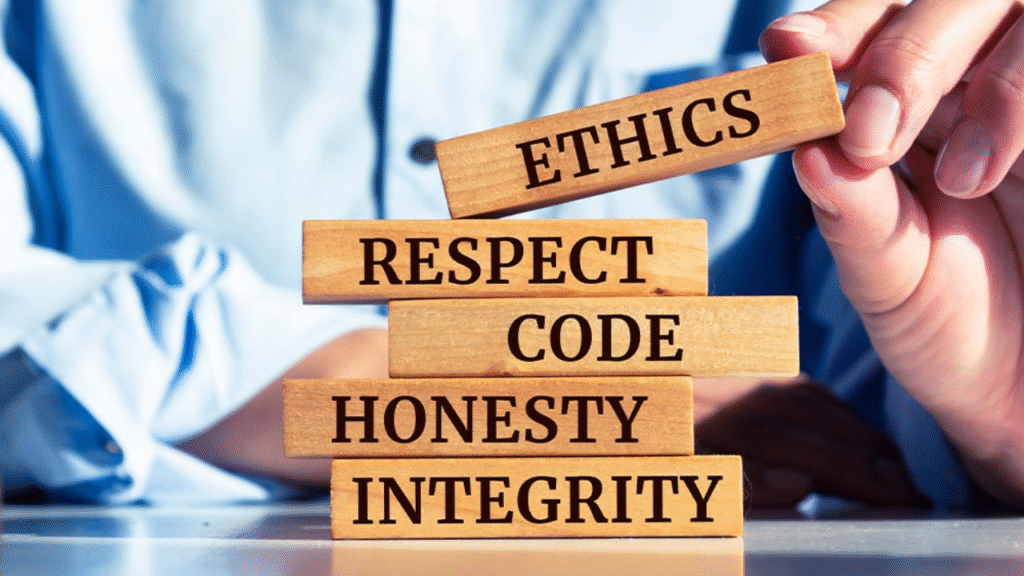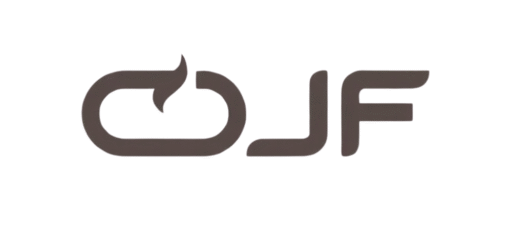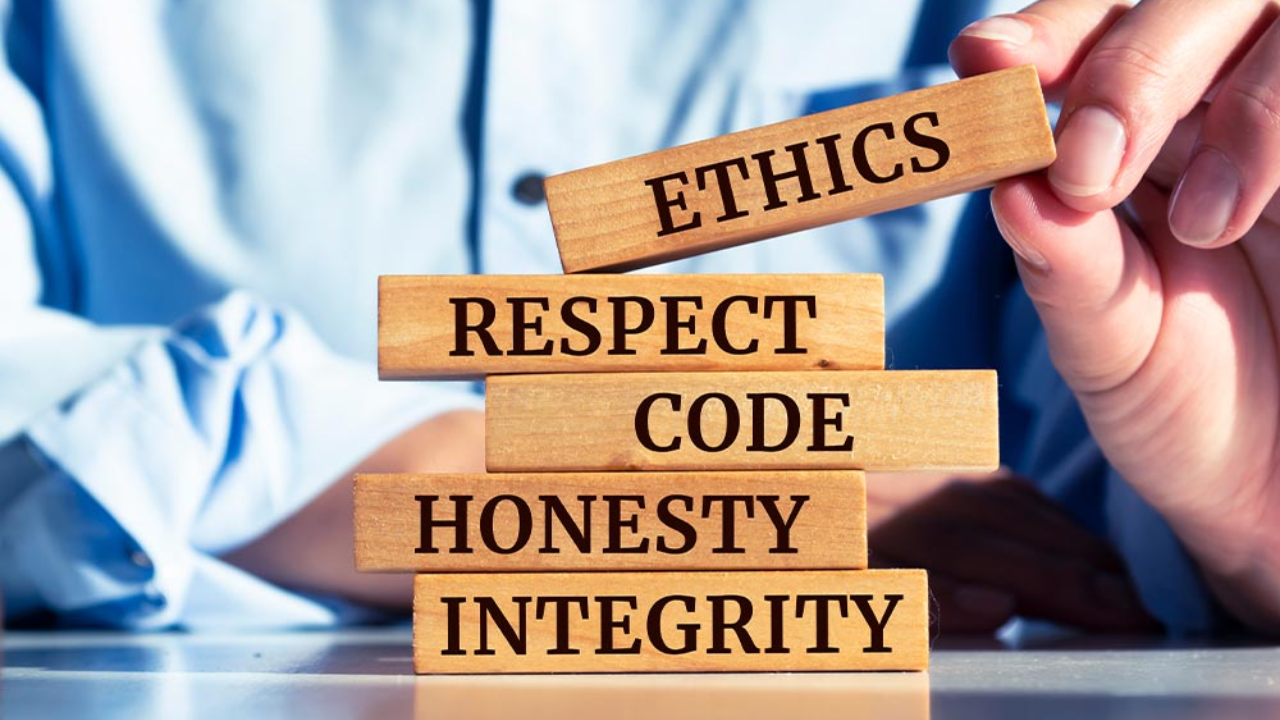
Introduction
Public servants in the legal system—judges, prosecutors, public defenders, clerks, investigators, and court staff—occupy roles that shape the very foundation of justice. While legal codes, procedures, and policies guide their actions, their work also demands deep moral responsibility. Unlike the private sector, where the focus may be profit or efficiency, public legal service is grounded in fairness, equity, and the preservation of rights. This article explores the moral obligations of legal public servants and how they serve as guardians of justice, not just enforcers of the law.
Who Are Public Servants in the Legal System?
Legal public servants are individuals employed or appointed by the government to uphold and implement justice.
Key Roles Include:
- Judges: Interpret and apply the law impartially.
- Prosecutors: Represent the state in criminal matters, balancing justice and fairness.
- Public Defenders: Ensure legal representation for those who cannot afford it.
- Court Clerks & Administrators: Manage the flow and integrity of court operations.
- Investigators & Law Enforcement Liaisons: Collect and present evidence lawfully.
Each role involves discretion, and that is where morality plays a vital role.
Why Moral Responsibility Is Crucial
Legal power is immense. The decisions made by public servants can impact lives, liberties, and legacies. A morally grounded public servant ensures that justice is not only done but seen to be done.
Key Moral Duties:
- Fairness: Equal treatment regardless of background, status, or belief.
- Integrity: Honesty and consistency in action, even when unseen.
- Compassion: Balancing law with empathy, especially in vulnerable cases.
- Courage: Resisting pressure, whether political or institutional, in pursuit of justice.
- Accountability: Being answerable to the public, the law, and ethical standards.
Real-World Scenarios of Moral Responsibility
| Scenario | Moral Question | Ideal Moral Response |
|---|---|---|
| A prosecutor is offered a plea deal for a wrongful confession case | Should efficiency outweigh justice? | Decline deal and seek real facts |
| A judge is asked to expedite a case due to political interest | Should influence affect the process? | Refuse, and prioritize impartial procedure |
| A public defender believes their client is innocent but lacks resources | Should they still give their best effort? | Yes—investigate, appeal, and advocate vigorously |
| A court clerk is asked to misfile evidence to delay a case | Should loyalty to coworkers override ethics? | Report the incident and protect legal integrity |
| An investigator finds evidence that may exonerate the accused | Should they disclose it even if it harms the case? | Yes—justice over personal or procedural victories |
Overview Table: Moral Domains and Responsibilities
| Moral Domain | Who It Involves | Core Duty | Real-Life Risk If Ignored | Positive Outcome If Upheld |
|---|---|---|---|---|
| Fairness | Judges, prosecutors | Treat all parties equally | Discrimination, public distrust | Strengthens rule of law |
| Honesty | Clerks, investigators | Maintain truthful documentation | Miscarriages of justice | Integrity of legal process |
| Empathy | Public defenders, judges | Consider human circumstances | Mechanical or inhumane rulings | Humane and thoughtful justice |
| Accountability | All legal public servants | Be answerable to ethical standards | Unchecked corruption or error | Public trust and institutional respect |
| Courage | Judges, prosecutors | Resist improper pressure | Politicized or biased decisions | Independence of the judiciary |
| Commitment | All legal staff | Serve diligently despite obstacles | Neglect or case mismanagement | Effective and reliable legal system |
Best Practices for Upholding Moral Responsibility
- Ongoing Ethics Training
Regular workshops that incorporate real ethical dilemmas, role-playing, and legal theory. - Clear Whistleblower Channels
Anonymous mechanisms for reporting unethical behavior within court systems. - Transparent Performance Reviews
Appraisals that consider moral decisions—not just productivity or conviction rates. - Peer Support and Reflection Groups
Platforms for discussing ethical concerns, particularly for emotionally charged cases. - Public Engagement
Legal professionals should participate in community outreach to explain their roles and listen to concerns.
The Consequences of Ignoring Moral Duty
| Consequence | Description |
|---|---|
| Erosion of Public Trust | Citizens lose faith in institutions perceived as unjust |
| Wrongful Convictions | Innocent people may be punished due to negligence |
| Increased Corruption | Absence of moral checks leads to abuse of power |
| Disengaged Workforce | Morally disengaged staff perform poorly over time |
| Legal Injustice | Rules may be followed, but justice remains unmet |
Global Examples of Moral Leadership in Legal Service
| Country | Reform or Case | Impact on Public Service Morality |
|---|---|---|
| Norway | Restorative justice integration | Enhanced empathy in criminal adjudication |
| India | Legal aid expansion through public defenders | Improved access to justice |
| USA | Innocence Project support by prosecutors | Recognition of wrongful convictions |
| South Africa | Post-apartheid judicial reconciliation | Healing through moral introspection |
| Kenya | Ethics training for all court officers | Strengthened transparency and service quality |
Conclusion
Moral responsibility in the legal system is the invisible thread that ties legal authority to public trust. Rules alone cannot deliver justice—only humans with conviction, fairness, and integrity can. Public servants in the legal system must view their duties not simply as jobs but as acts of civic and moral responsibility. Their decisions, small or large, define how justice is lived and felt in society. Upholding moral responsibility is not only a professional obligation—it is a service to humanity.
Top 3 One-Line FAQs
Q1: Why is moral responsibility important for legal public servants?
A: It ensures justice is served with fairness, empathy, and integrity—not just procedural correctness.
Q2: What are key moral duties in the legal profession?
A: Fairness, honesty, accountability, empathy, and the courage to act ethically under pressure.
Q3: How can institutions support moral decision-making?
A: Through ethics training, transparent systems, protected reporting, and reflective support structures.

